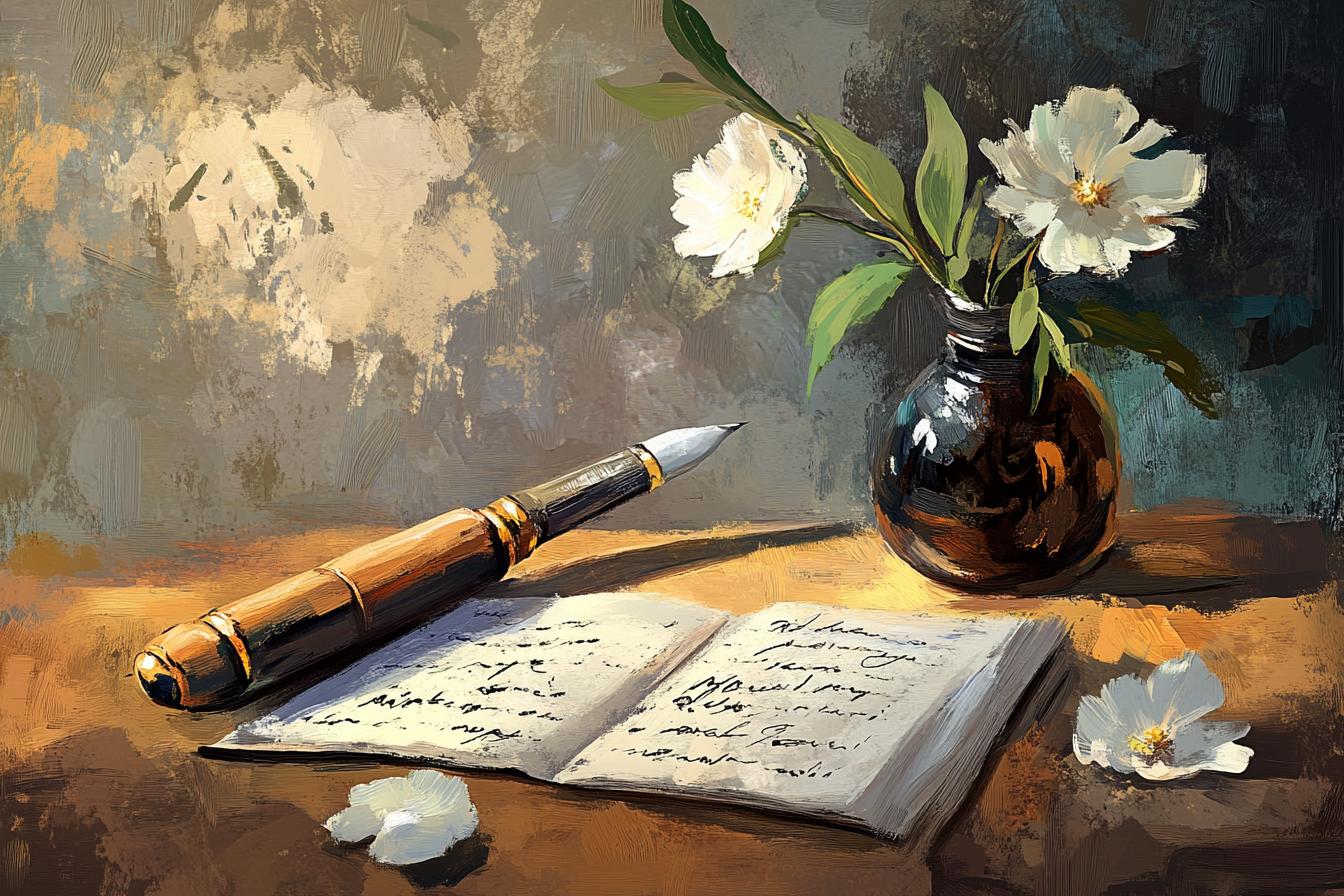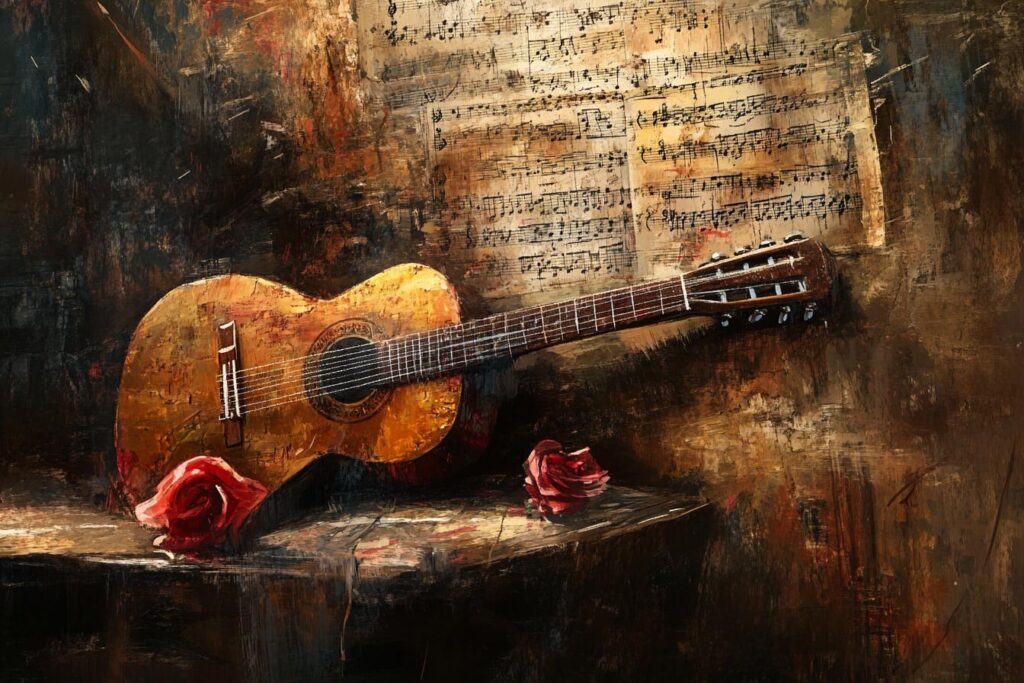Writing poetry presents a unique set of challenges, demanding both technical skill and emotional depth. One of the primary hurdles is finding the right words to express complex feelings and ideas. Unlike prose, where clarity and directness are often valued, poetry thrives on suggestive language, metaphor, and evocative imagery. Choosing the perfect word, one that resonates with both meaning and sound, can feel like a constant struggle. For example, a poet might spend hours agonizing over the difference between “sad” and “melancholy,” or “love” and “adoration,” each word carrying a subtle shift in meaning and emotional weight.
Furthermore, the structure and form of poetry can be equally demanding. From traditional forms like sonnets and haikus to free verse and experimental styles, each form carries its own set of rules and expectations. The poet must navigate these constraints while simultaneously maintaining a sense of originality and personal voice. Think of it like a musician trying to improvise within the boundaries of a specific musical genre. The challenge lies in finding the right balance between structure and freedom, ensuring that the form enhances the poem’s message rather than hindering it.

1. What Are the Challenges of Writing Poetry
Writing poetry can be a rewarding but challenging endeavor. One major hurdle is finding the right words to express complex emotions and ideas. Poets must carefully consider each word choice, striving for precision and impact. A single word can shift the entire meaning of a line, and crafting a poem requires a meticulous attention to detail. Additionally, poets must grapple with the rhythm and structure of their work, finding a balance between form and free expression. A poem’s structure, be it a sonnet, haiku, or free verse, can significantly influence the overall impact and message.
Beyond the technical aspects, writing poetry also demands vulnerability and honesty. Poets often delve into personal experiences and emotions, exposing their inner world to the reader. This can be a daunting task, requiring a willingness to confront difficult feelings and share them authentically. Furthermore, the subjective nature of poetry means that interpretations can vary widely. A poet must be prepared for different reactions to their work, understanding that the beauty of poetry lies in its ability to resonate with each individual reader in a unique way.
2. Conveying emotion and meaning in few words
One of the biggest challenges in writing poetry is conveying complex emotions and meanings in a limited number of words. Poets must carefully select each word to create a powerful impact, using imagery, metaphor, and other literary devices to evoke specific feelings and ideas. This requires a deep understanding of language and the ability to condense information without sacrificing clarity or nuance.
Furthermore, poets must consider the rhythm and flow of their words, ensuring that the poem’s structure enhances the overall meaning. The challenge lies in striking a balance between brevity and effectiveness, creating a piece that is both memorable and impactful. This delicate dance between conciseness and depth is what makes poetry such a challenging and rewarding art form.
3. Mastering form meter and rhyme
Form, meter, and rhyme can be challenging to master, especially for beginners. These elements add structure and musicality to poetry, but they require a deep understanding of their rules and techniques. Form, such as a sonnet or haiku, dictates the number of lines, syllables, and rhyme scheme. Meter refers to the rhythmic pattern of stressed and unstressed syllables within a line. Rhyme, of course, creates a pleasing sound and connection between lines. While these elements can be challenging to learn, they can also be incredibly rewarding, adding layers of complexity and beauty to your work.
The difficulty lies in balancing these elements with the content of your poem. For instance, forcing a rhyme scheme can sometimes lead to awkward phrasing or unnatural word choices. Similarly, strict meter can feel restrictive and hinder the flow of your ideas. The key is to find a balance that allows the form to enhance your poem without overshadowing its meaning. Practice, experimentation, and a willingness to break the rules are essential to mastering these elements and finding your own unique poetic voice.
4. Finding the right voice and style
One of the biggest challenges poets face is discovering their unique voice and style. This involves exploring different forms, experimenting with language, and finding what feels authentic and true to their own experiences. It’s a journey of self-discovery, where you learn to trust your instincts and embrace your individuality. You may find yourself drawn to specific themes or subject matter, or gravitate towards particular poetic devices like metaphor or imagery. The process involves constant trial and error, as you refine your craft and develop a distinct presence on the page.
Furthermore, finding the right voice and style is also about understanding your audience. Do you want to reach a wide audience or connect with a more niche group? Do you want to entertain, provoke, or inspire? These considerations shape the language you use, the tone you adopt, and the overall impact of your work. Ultimately, striking the right balance between personal expression and audience engagement is key to creating poetry that resonates and lingers in the mind.
5. Overcoming self-doubt and criticism
Writing poetry often invites self-doubt, as you expose your innermost thoughts and emotions. It can be challenging to trust your own voice and vulnerability, especially when facing potential criticism. The fear of judgment can paralyze, making it difficult to share your work. Furthermore, the subjective nature of poetry means that your words may not resonate with everyone, leading to rejection or negative feedback. This can be disheartening, especially for those starting out.
However, overcoming self-doubt and criticism requires a resilient spirit and a commitment to your craft. Remember, every poet faces these challenges. Instead of letting criticism derail you, learn from it. Focus on your own journey and growth as a writer, and don’t be afraid to experiment and explore different styles. The more you write, the more confident you become in your voice and the less you’ll be swayed by external opinions. Ultimately, your poetry is a reflection of your unique perspective and experience, and that’s what makes it valuable.
6. Connecting with Readers on an Emotional Level
Poetry thrives on evoking emotions, but successfully conveying those feelings to the reader is a challenge. To truly connect, poets must translate their personal experiences and emotions into universal themes and relatable imagery. This requires a keen understanding of human nature and the ability to use language that resonates deeply with readers. Words chosen with care can trigger memories, awaken long-dormant feelings, and create a shared emotional space between writer and audience.
Furthermore, poets must carefully consider the tone and rhythm of their work. A poem’s structure, sound devices, and word choice all contribute to the overall emotional impact. Finding the right balance between vulnerability and control is crucial. Poets must be willing to expose themselves while maintaining a level of artistic distance that allows readers to connect with the emotions without feeling overwhelmed or intruded upon. This delicate dance between vulnerability and control is a constant challenge for poets seeking to truly connect with their audience on an emotional level.
Conclusions
So, as you can see, writing poetry isn’t just about rhyming words and sounding pretty. It’s a real challenge! You’ve got to pack a punch of emotion and meaning into a small space, master tricky things like meter and rhyme, and find your own unique voice. It’s like trying to capture a lightning bug in a jar – delicate and demanding. But, the coolest thing is that poets are also wrestling with their own doubts and criticism, just like we all do. They’re trying to connect with readers on a deep level, making us feel things we didn’t know we could. It’s a pretty amazing journey, and it’s one that makes us appreciate the power of words even more.

